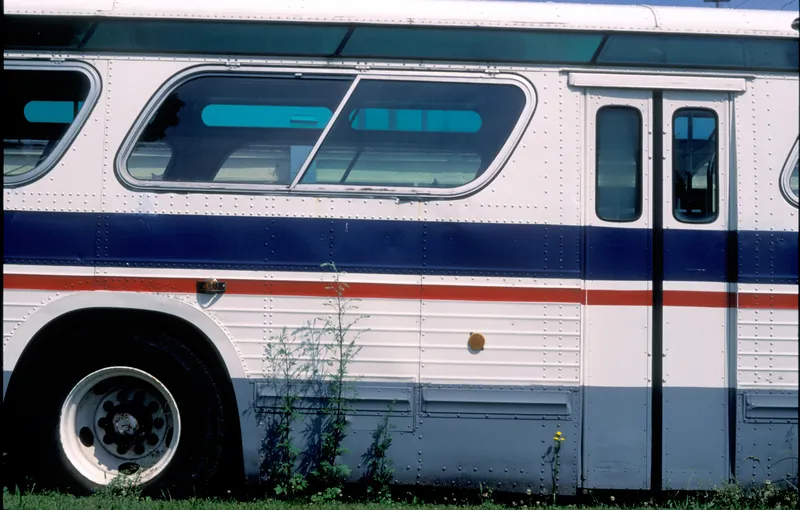Announcing President Obama’s US$98.1 billion Fiscal Year 2017 Budget for the US Department of Transportation (DOT), Transportation Secretary Anthony Foxx said, “Meeting future challenges will require a long-term vision for the transportation sector that includes more and cleaner options, and expands those options to communities across the country. This budget brings us closer to that vision.”
The Budget addresses the DOT’s top priority, safety, with investments in the safe integration of emerging techno
February 10, 2016
Read time: 2 mins
Announcing President Obama’s US$98.1 billion Fiscal Year 2017 Budget for the 324 US Department of Transportation (DOT), Transportation Secretary Anthony Foxx said, “Meeting future challenges will require a long-term vision for the transportation sector that includes more and cleaner options, and expands those options to communities across the country. This budget brings us closer to that vision.”
The Budget addresses the DOT’s top priority, safety, with investments in the safe integration of emerging technologies, such as autonomous vehicles and unmanned aircraft systems (UAS), which have the potential to transform transportation systems, save lives and reduce carbon emissions.
It also supports the authorised funding levels in the recent surface transportation authorisation, the Fixing America’s Surface Transportation (FAST) Act , but also moves to a regionally-focused approach to transportation funding that reflects the changing shape of the country’s communities and prioritises spending on projects that will have the most benefits.
Commenting on the budget, a spokesman for ITS America said: “Lives saved, more time for friends and family and more efficient movement of a growing economy are not Democratic or Republican priorities. They are American priorities. Congress accelerated the deployment of Intelligent Transportation Systems with the FAST Act. 77 cities across our nation are stepping up to US DOT’s Smart City Challenge to invest in smart infrastructure and modern, high-tech transportation services.”
“The President's budget takes the next step by investing not only in needed traditional infrastructure improvements but also the next frontier of automated and connected vehicle technologies and other transportation innovations that will transform our modern way of life. This is a budget that Congress and future administrations should build on to make connected and automated vehicles, smart infrastructure and transportation innovation a cornerstone of our nation’s economic strength and global competitiveness.”
The Budget addresses the DOT’s top priority, safety, with investments in the safe integration of emerging technologies, such as autonomous vehicles and unmanned aircraft systems (UAS), which have the potential to transform transportation systems, save lives and reduce carbon emissions.
It also supports the authorised funding levels in the recent surface transportation authorisation, the Fixing America’s Surface Transportation (FAST) Act , but also moves to a regionally-focused approach to transportation funding that reflects the changing shape of the country’s communities and prioritises spending on projects that will have the most benefits.
Commenting on the budget, a spokesman for ITS America said: “Lives saved, more time for friends and family and more efficient movement of a growing economy are not Democratic or Republican priorities. They are American priorities. Congress accelerated the deployment of Intelligent Transportation Systems with the FAST Act. 77 cities across our nation are stepping up to US DOT’s Smart City Challenge to invest in smart infrastructure and modern, high-tech transportation services.”
“The President's budget takes the next step by investing not only in needed traditional infrastructure improvements but also the next frontier of automated and connected vehicle technologies and other transportation innovations that will transform our modern way of life. This is a budget that Congress and future administrations should build on to make connected and automated vehicles, smart infrastructure and transportation innovation a cornerstone of our nation’s economic strength and global competitiveness.”









